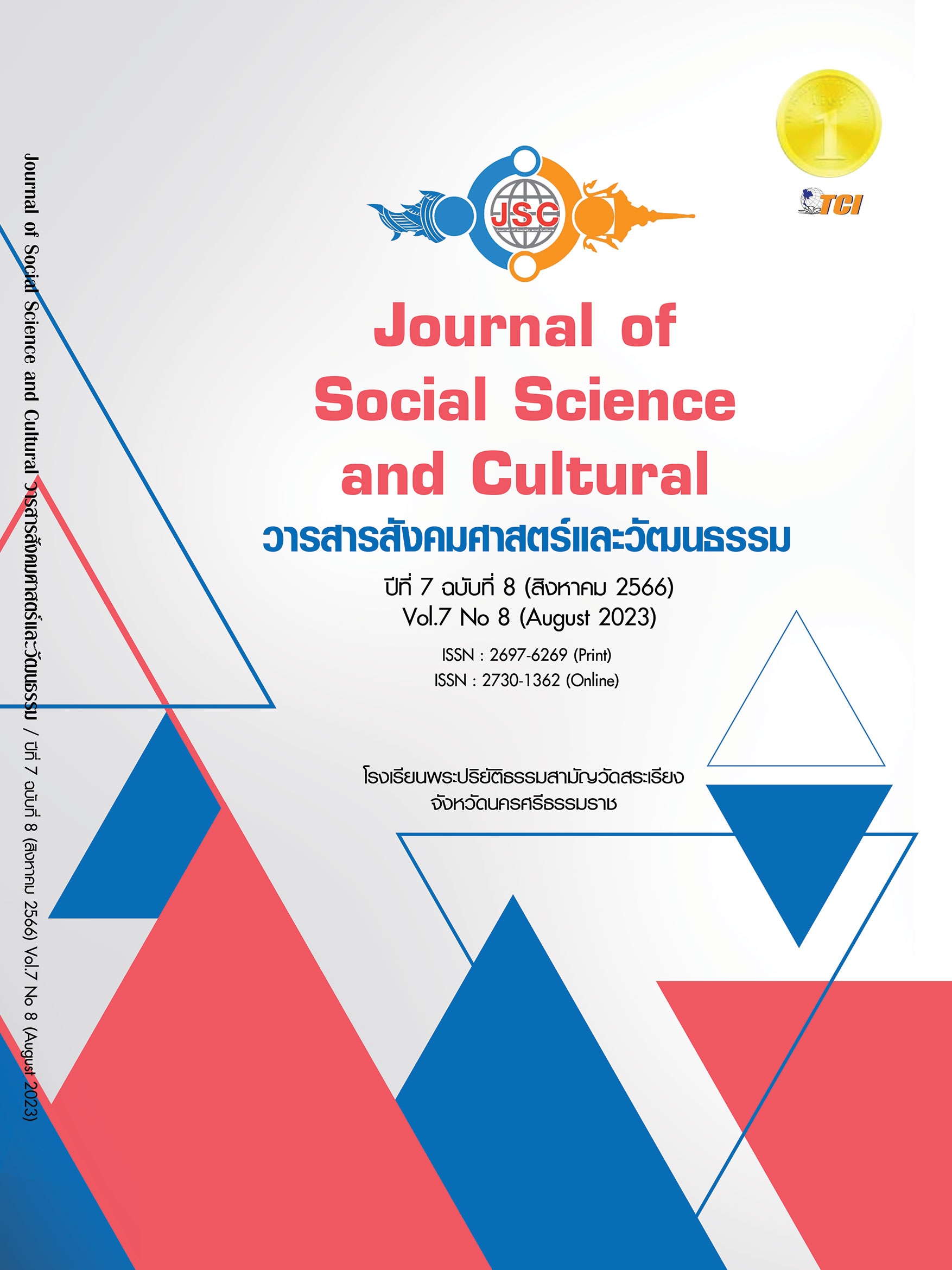A MODEL FOR SLEEP QUALITY DEVELOPMENT OF THE ELDERLY IN NONTHABURI PROVINCE
Main Article Content
Abstract
The objectives of this research article were to 1. to analyze and study the problems related to sleep, factor related to quality of sleep in the elderly in Nonthaburi province, 2. develop the model and pretest the model, 3. assess the effectiveness of the model by measuring attitude toward sleep, sleep quality behavior, sleep quality. The study was divided into 3 phases, Phase 1: Situation analysis, the factors related to quality of sleep of 384 elderly in Nonthaburi province were identified by using the Pittsburgh Sleep Quality Index (IOC =1.00, Reliability =.77) and in-depth interviews with 12 members of Health Alliance Network. The percentage of the samples who had poor quality sleep was found to be 69.80 percent. The data collected from phase 1 was used as the baseline data for developing the model for sleep quality promotion of the elderly. Phase 2: Model development, by applying A-I-C and the model had then tried with 40 sampled elderly in the experimental group with poor quality sleep for 4 weeks. Phase 3: Assess the effectiveness of the model post tested at the 5th week by comparing the variables of the experimental and the comparison groups, using independent – test. After the model for sleep quality development of the elderly in Nonthaburi Province by the model was consisted of learning activities 8 sub activities with group Line and Augmented Reality : AR. Experimental was found to be effective in promotion positive attitude about sleep, better quality to sleep behaviors and quality sleep in the experimental groups, compared to before the experimentation and of the comparison group (p <.05).
Article Details
References
กรมสุขภาพจิต. (2563). บทความด้านสุขภาพจิต ปัจจัยที่เป็นตัวการให้นอนไม่หลับ. เรียกใช้เมื่อ 29 ธันวาคม 2562 จาก https://www.dmh.go.th/news-dmh/view.asp?id=29860.
กรมอนามัย. (2566). สุขอนามัยที่ดีในการนอนหลับ 10 ประการ. เรียกใช้เมื่อ 31 มีนาคม 2566 จาก https://multimedia.anamai.moph.go.th/anamai-toons/world-sleep-day-2/
ศูนย์อนามัยที่ 4 สระบุรี. (2565). ระบบฐานข้อมูล. เรียกใช้เมื่อ 25 มกราคม 2565 จาก https://hpc4. anamai.moph.go.th/th.
สุธรรม นันทมงคลชัย. (2564). ครอบครัวกับการส่งเสริมสุขภาพผู้สูงอายุ. (พิมพ์ครั้งที่ 1). กรุงเทพมหานคร: อิโมชั่น อาร์ต.
สุรีย์ จันทรโมลี. (2543). กลวิธีทางสุขศึกษา. (พิมพ์ครั้งที่ 3). กรุงเทพมหานคร: ธรมมนิติ.
Beck, A et al. (1979). Cognitive therapy of depression. New York: Guilford.
Cohen, J. (1988). Statistical power analysis for the behavioral sciences, (2nd ed.). Hillsdale: NJ: Erlbaum.
Morin, C. M. (1993). Insomnia: psychological assessment and management. New York: Guilford.
United Nation. (2018). Aging. Retrieved December 25 , 2018, from http://www.un.org/en/sections/ Issuesdepth/ageing/
WHO. (2018). Active Aging : A Policy Framwork. Retrieved December 15, 2018, from https://apps. who.int/iris/handle/10665/67215.
World Population Data Sheet. (2021). Population Data. Retrieved August 9 , 2022 , from http://sdg.iisd.org/news/2021-population-data-sheet-highlights-declining-fertility-rates/
Zou, Y. et al. (2019). The prevalence and clinical risk factors of insomnia in the Chinese elderly based on comprehensive geriatric assessment in Chongqing population. Psychogeriatrics, 19(4), 384-390.


